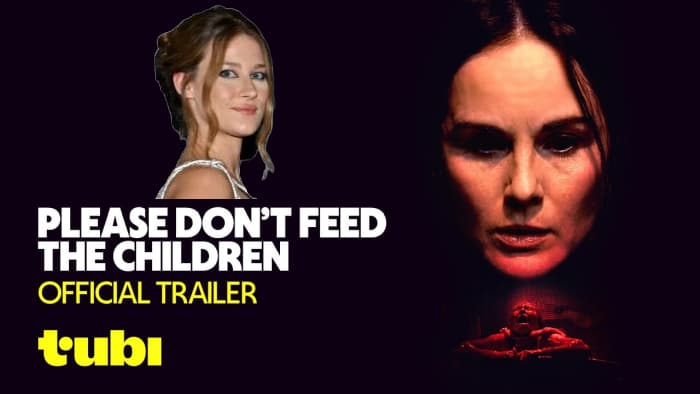
Most paid movie critics and reviewers have missed the point of this film, in my opinion. I don’t usually watch American psychological thrillers or Zombie movies, but this was Destry Spielberg’s directorial debut, and I was curious to see what it might mean for her future and for moviegoers.
Film Genre
I believe Destry Spielberg chose the perfect genre for her directorial debut. American psychological thrillers attract large audiences, and Zombie movies have a dedicated, enduring fanbase. Her decision reflects careful thought about her first film, debunking accusations of nepotism, in my opinion. Why choose a low-budget genre like Zombies if her father could have secured funding or pulled strings for a bigger-budget production?
Privilege & Hard Work
I don’t usually review movies or pay attention to critics, but I’m a pretty good judge of people. Here’s a quote from Destry Spielberg in a Daily Mail article:
The young filmmaker owned up to her ‘privilege’ but maintained that she ‘worked hard’ to get where she is today.
‘People can argue nepotism, but I know deep down that I worked hard to get where I am and it wasn’t easy. Beyond proud of the team it took to make it,’ she added.
She continued to ‘acknowledge’ her privilege in a second post and spoke about introducing new talent into the industry.
‘I acknowledge that I was born with privilege! I own that through and through!’ she wrote.
‘I make it my mission to bring new talent into the industry and give opportunities to artists of all backgrounds. No one should be left out because of the connections they don’t have.’
Destry doesn’t shy away from her privileged background. Instead, she channels the opportunities and insights gained from her unique position to open doors for others. By recognizing the untapped talent in the film industry, she’s committed to using her experience—shaped by access to resources and networks—to help artists without similar connections break through. This approach not only counters nepotism claims but also shows her dedication to making the industry more inclusive.
‘Please Don’t Feed The Children’ vs ‘Misery’
As I mentioned, I’m not a big fan of American psychological thrillers or Zombie movies—Zombies least of all. That said, I loved ‘The Shining’ for its chilling atmosphere and Kubrick’s genius, along with other standout psychological thrillers.
‘Misery’ (1990) had a budget of $20 million—about $49.2 million in today’s dollars. I never liked it. Sure, it made money, but I found it slow, overhyped, and honestly kind of dull despite the critical praise.
I enjoyed ‘Please Don’t Feed the Children’ way more, especially considering the Destry Spielberg factor. Her debut, made on a tight budget of around $3–5 million, feels fresh and ambitious, with a tense story of orphans facing a deranged captor. It doesn’t reach ‘The Shining’s’ masterpiece status but, for me, matches or even outshines ‘Misery’ in energy and heart. Destry’s choice to tackle a low-budget genre project, despite her privileged background, shows her drive to prove herself and uplift new talent, making her film stand out.
Conclusion
I’m a 79-year-old white male, and I’ll admit, Zombie movies and most American psychological thrillers aren’t my thing—yet Destry Spielberg’s ‘Please Don’t Feed the Children’ won me over. Her future as a director, and the exciting films she’ll bring to moviegoers, looks incredibly bright—not because she’s Steven Spielberg’s daughter, but because of the talent, thoughtful planning, and hard work she poured into her low-budget debut. By crafting a tense, ambitious thriller on a $3–5 million budget and casting fresh faces like Zoe Colletti, she’s proven her skill and commitment to uplifting new talent. Destry’s ability to channel her privileged background into creating opportunities for others makes her a filmmaker to watch, and I’m proud to call myself a fan! ⭐⭐⭐⭐⭐
